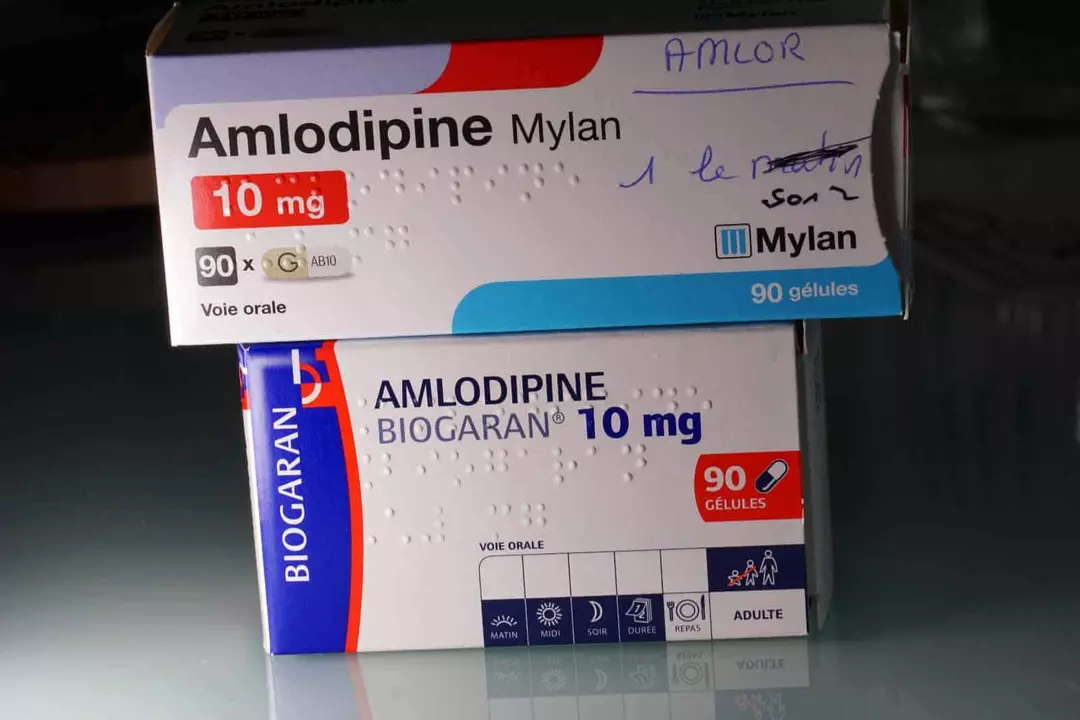Hypertension medication: how to choose, use, and stay safe
High blood pressure is common, but the drugs that treat it are straightforward if you know the basics. This page explains the main types of hypertension medication, what to watch for, and practical tips for taking them so you get better control without surprises.
Common classes and how they work
Here are the main families of blood pressure drugs and a short note on what each does:
ACE inhibitors (example: lisinopril/Zestril) relax blood vessels by blocking angiotensin-converting enzyme. Expect cough in some people and regular checks of kidney function and potassium.
ARBs (example: irbesartan/Avapro) work similarly but usually don’t cause that dry cough. Doctors often pick them when ACE inhibitors aren’t tolerated.
Diuretics (thiazides like hydrochlorothiazide) help kidneys remove extra salt and water. They’re cheap and effective; watch for low potassium and dehydration.
Calcium channel blockers lower heart workload and widen arteries. Common side effects include swelling in the ankles and headaches.
Beta blockers slow the heart and reduce blood pressure; they’re useful when there’s a heart rhythm or ischemic heart disease issue too.
Practical tips: safety, monitoring, and buying meds
Start by taking the exact dose your doctor prescribes. Missing doses or stopping abruptly can raise risk. Get baseline blood tests before or soon after starting ACE inhibitors or ARBs (creatinine and potassium) and repeat them as advised.
Watch for warning signs: fainting, very low blood pressure, sudden swelling of the face or throat, or severe muscle weakness. If any of those happen, seek care immediately. Less urgent but common issues—dizziness when standing up, persistent cough, or leg swelling—should be discussed with your clinician so the medicine can be adjusted.
Be mindful of interactions. NSAID painkillers (ibuprofen, naproxen) can blunt many blood pressure meds. Potassium supplements or salt substitutes can cause high potassium with ACE inhibitors/ARBs. Tell your pharmacist about all prescription and OTC drugs you use.
Thinking of buying meds online? Use licensed pharmacies and a valid prescription. We have practical how-to guides on safe online purchases for specific drugs like Zestril and Avapro on ClearSkyPharmacy.Biz. Avoid sites that skip prescriptions or offer impossibly low prices—those are red flags for fake or unsafe products.
Lifestyle still matters: lose a little weight, cut sodium, exercise, limit alcohol, and manage stress. Often a small lifestyle change lets a lower drug dose do the job. Keep a home blood pressure monitor and share readings with your doctor; trends matter more than single numbers.
If one medicine doesn’t work or causes side effects, don’t give up. Many people end up on a low-dose combination of two drugs that control blood pressure well with fewer side effects. Talk it through with your clinician and keep regular follow-up.
Amlodipine and Cancer: Is There a Link?
As I've been researching the topic of Amlodipine and its potential link to cancer, I've found a few interesting points to share with you all. Amlodipine is a calcium channel blocker commonly used to treat high blood pressure and chest pain. Some studies have raised concerns about a possible connection between the use of Amlodipine and an increased risk of cancer. However, other studies have contradicted these findings, making it difficult to draw a definite conclusion. As of now, more research is needed to determine whether there is a genuine link between Amlodipine and cancer, so it's important to stay informed and consult with your healthcare provider about any concerns.
© 2026. All rights reserved.

